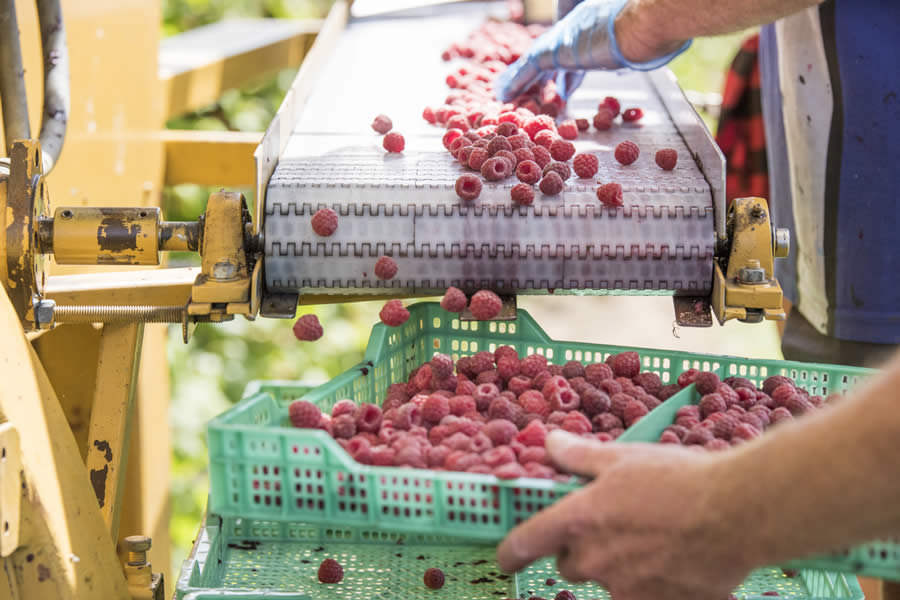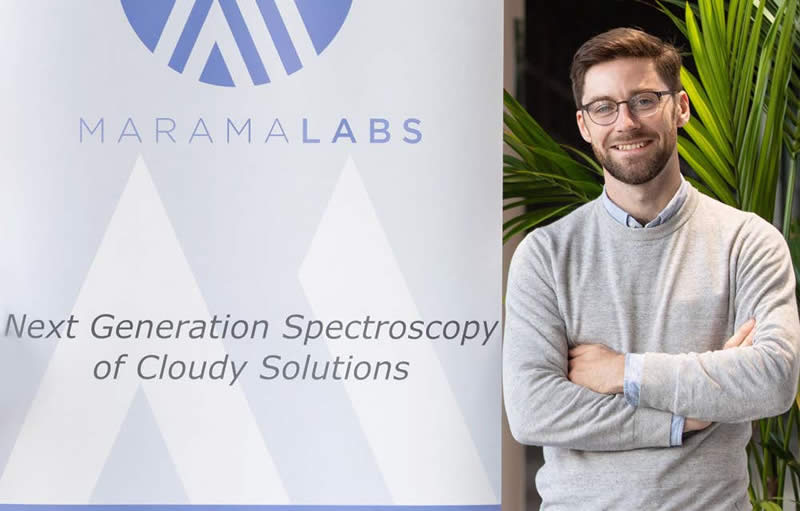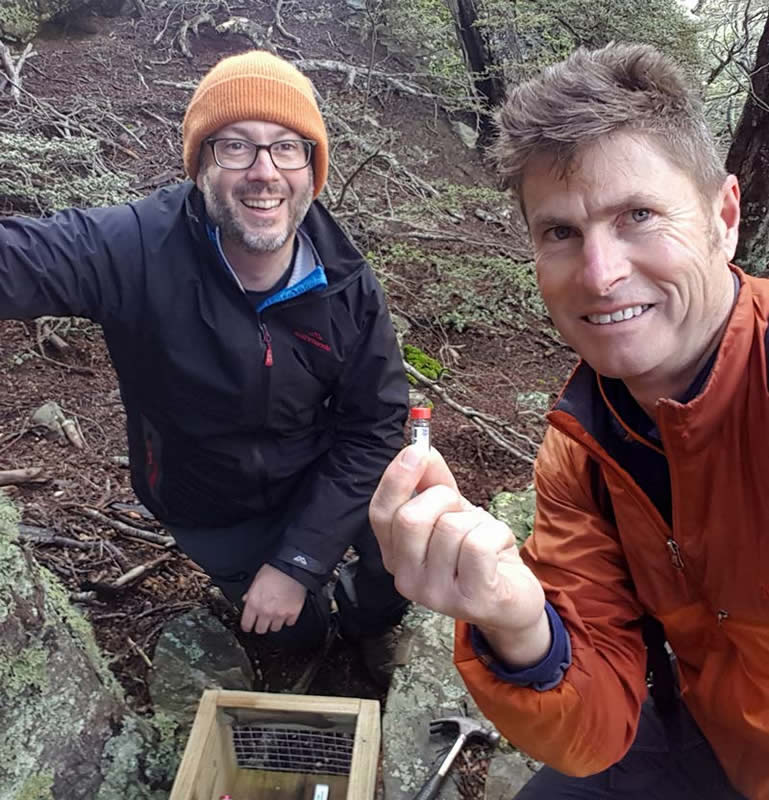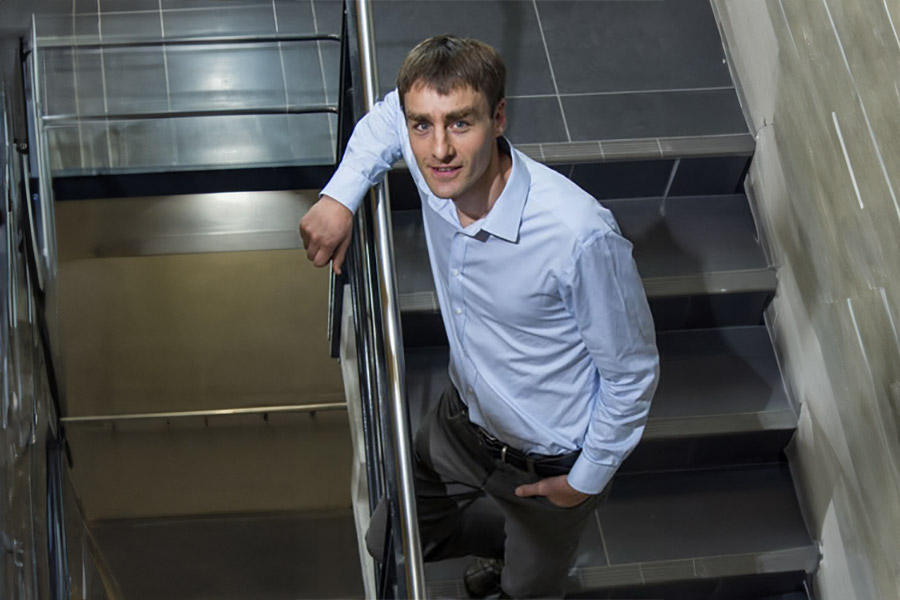Research commercialisation success stories
By powering research commercialisation, we’re unlocking the potential of New Zealand science to fuel economic growth, tackle global challenges, and benefit our communities. Explore these Kiwi innovation success stories and discover the real-world impact of Aotearoa’s publicly funded research.
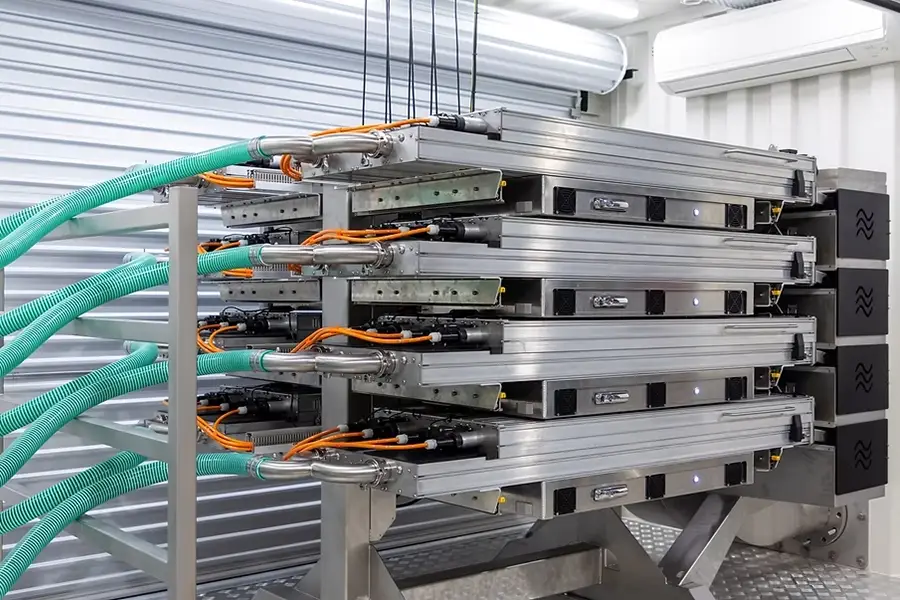
NovoLabs™ : Advanced UV technology bringing cleaner water to the world
NovoLabs™ is making cleaner waterways more affordable and sustainable with its groundbreaking Supercritical UV™ water disinfection technology.

Allegro Energy: Safe, sustainable energy storage for a renewable future
Battery storage startup Allegro Energy is on a mission to make energy storage safer, cheaper and more sustainable with its water-based electrolyte technology.
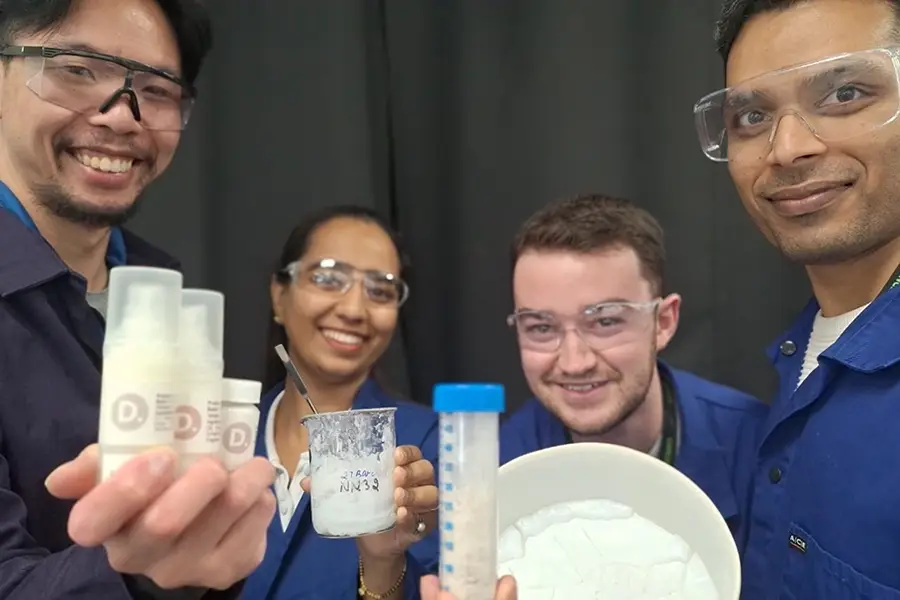
Dot Ingredients: Bringing clean chemistry to everyday products
Surfactants are vital ingredients in everyday products like cosmetics and cleaning products. AUT spin-out Dot Ingredients is changing the game with a sustainable new alternative.
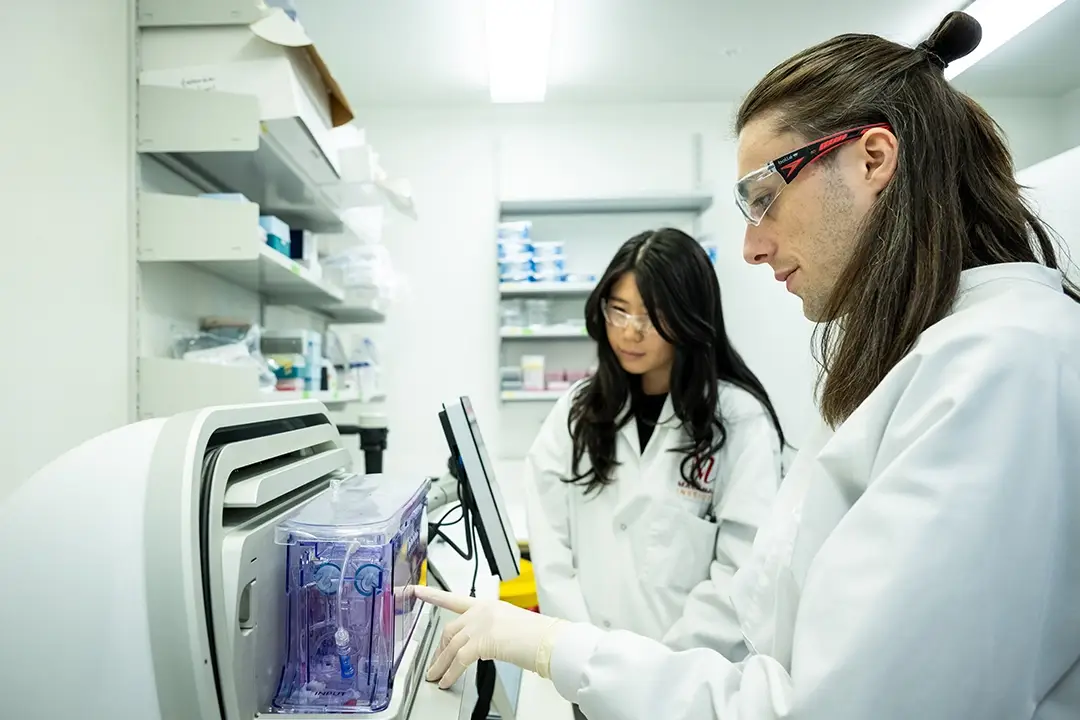
CAR-T Therapy – Engineering the future of cancer care in New Zealand
The Malaghan Institute of Medical Research is bringing life-changing CAR-T therapy to New Zealand, with backing from Bridgewest Ventures NZ LP.

Zincovery: Leading the future of clean metal refining
Zincovery’s groundbreaking technology is set to transform the global metal refining market by recovering zinc and other critical metals at half the cost and with up to 95% lower emissions.

Breathe better naturally: Goodair Nosebuds
Launching an innovative, drug-free solution for nasal congestion—a condition that affects one-third of the population.
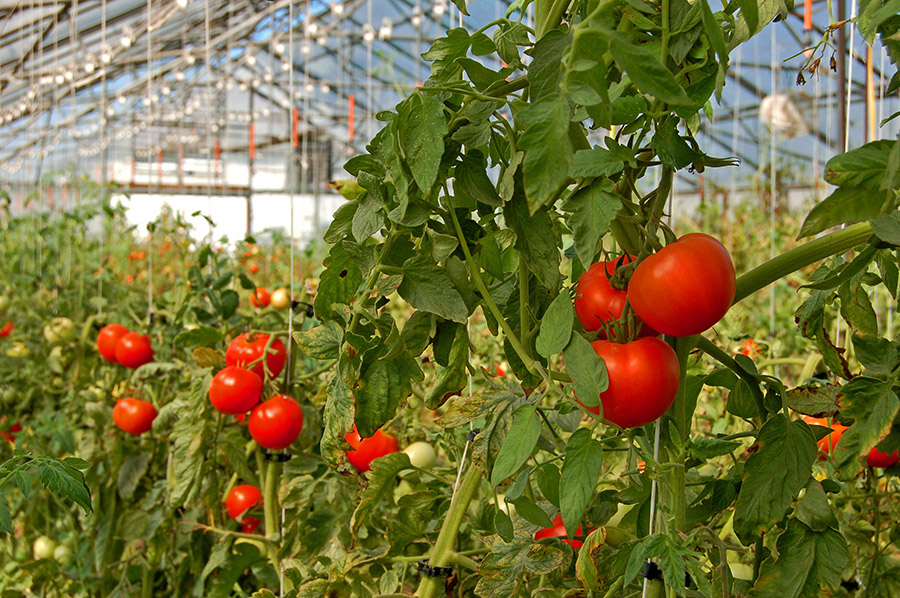
Putting the green back in greenhouses
Hot Lime Labs’ breakthrough technology is transforming greenhouses with renewable CO2, boosting yields and profits while cutting reliance on fossil fuels.
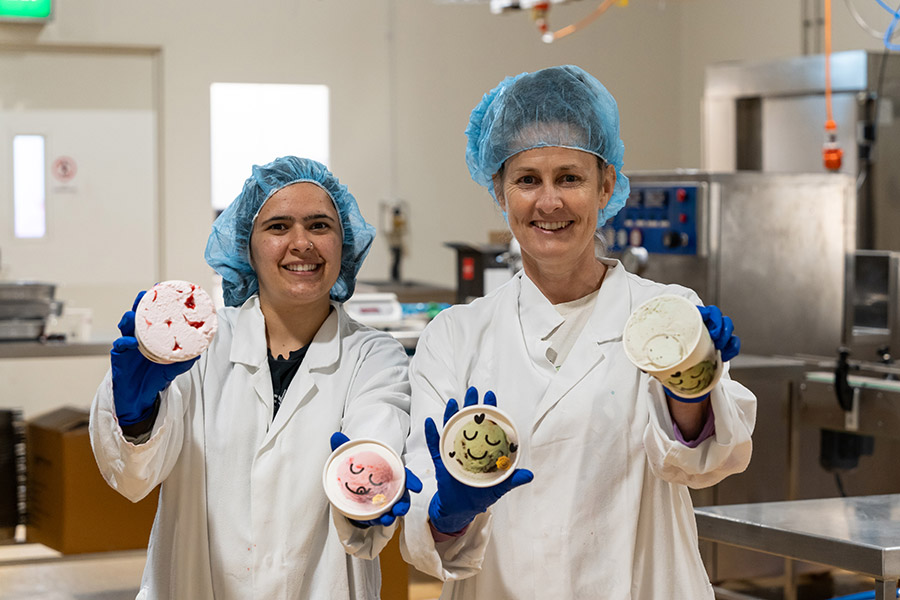
Cauli-powered ice cream
It's ice cream, but not as you know it - EatKinda's cauliflower ice cream offers a dairy-free alternative that's creamy, delicious and kind to the planet.

The X factor inside waste-free buildings
Structural frame solutions for waste-free buildings could totally transform the way we think about buildings.
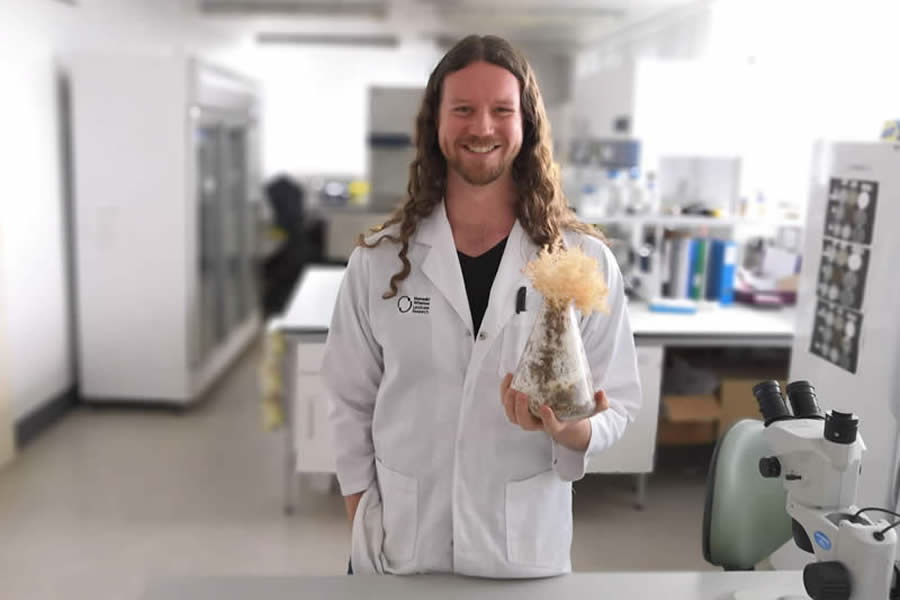
Cultivating the culinary delights of New Zealand’s native mushrooms
Spectacular new varieties of mushrooms introduced to restaurant dining experiences.

Avalia Immunotherapies
Avalia Immunotherapies is fighting cancer, hepatitis, and now COVID-19
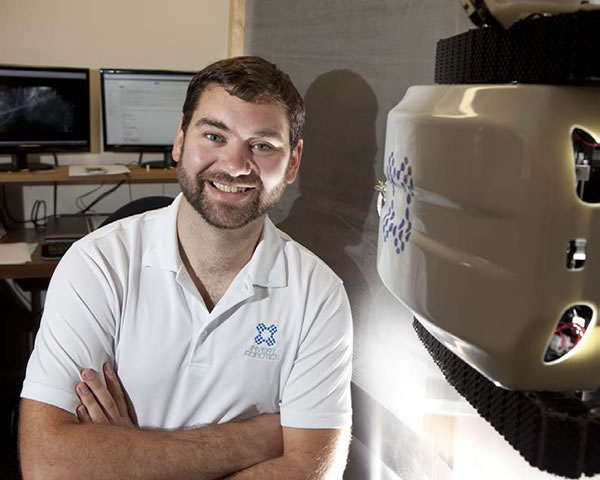
Invert Robotics
Christchurch-based Invert Robotics expands further into global markets with robotic non-destructive inspection services
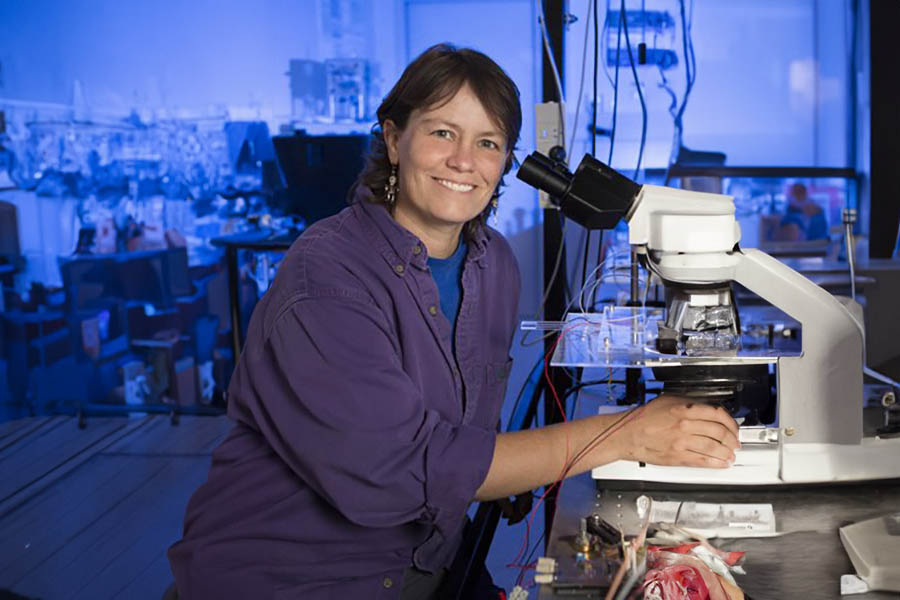
Associate Professor Cather Simpson - University of Auckland
From Sensors to Sperm Sorting - Lighting up NZ’s Economy with Lasers
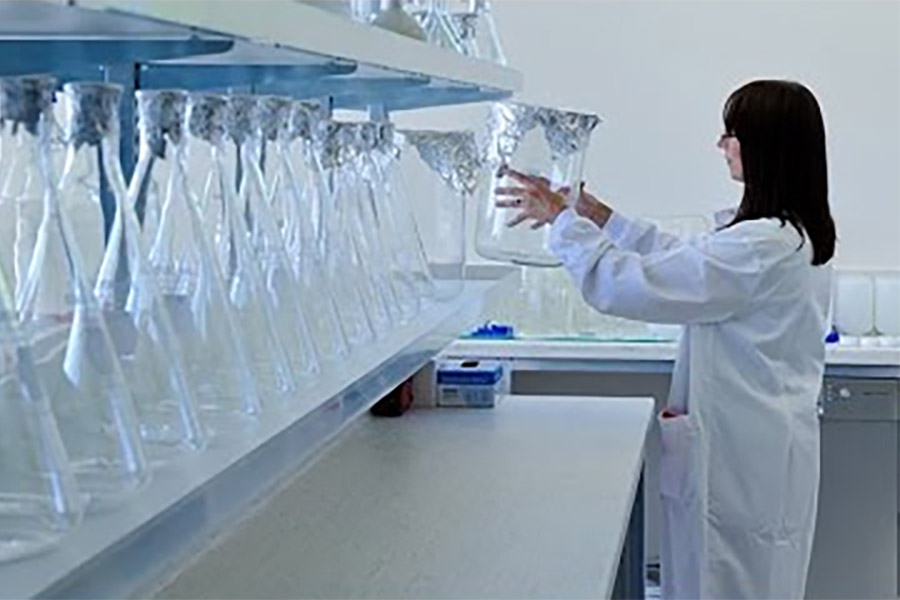
University of Canterbury & Canterbury Scientific Ltd: Biotechnology partnership
Partnering on long term and higher risk research projects to address significant, global diagnostic health problems



